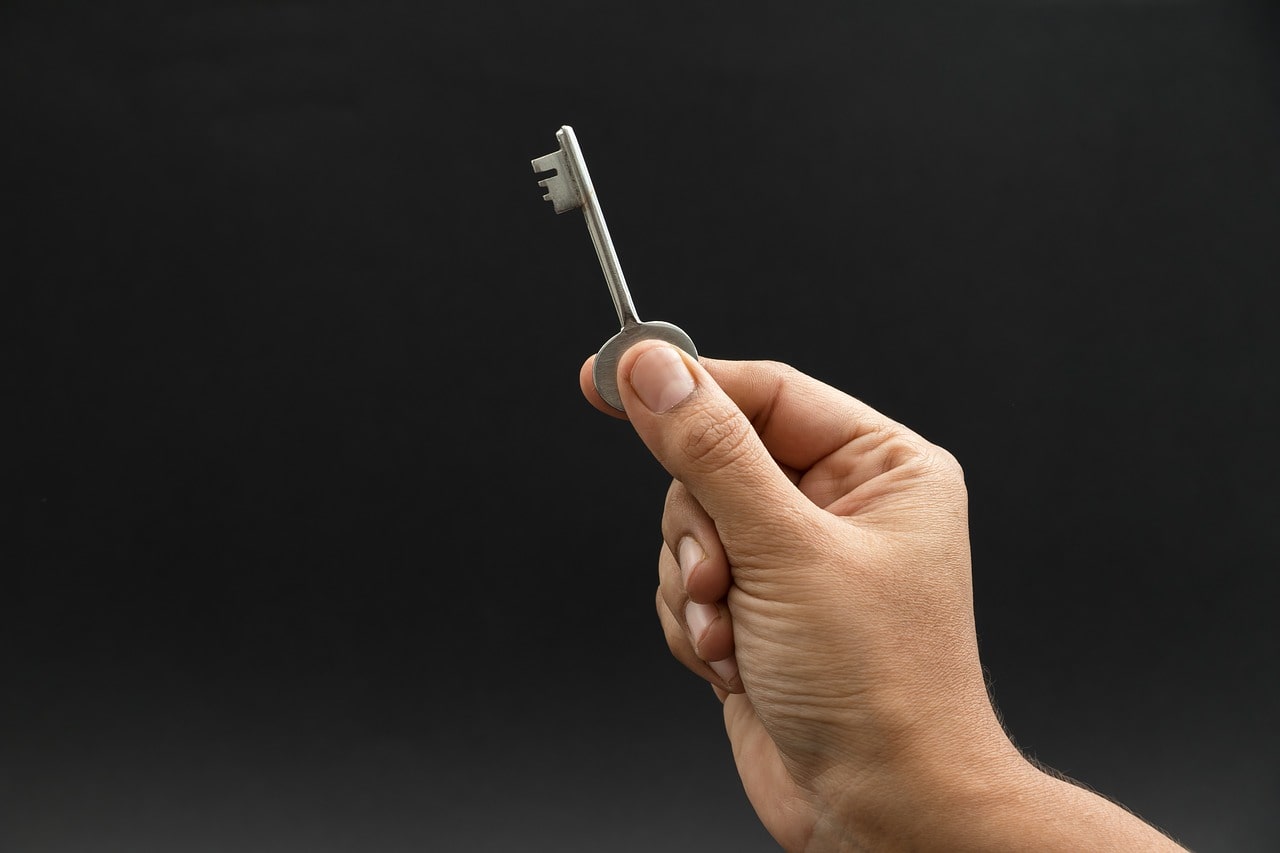Protecting your property if you’re a renting tenant
From 2007 to 2017 there was a 63% increase in the number of people in the private rented sector in the UK. This is according to the Office of National Statistics.
With renting on the rise, you want to make sure that the home you move into is safe and secure for your family. According to this study, private renters are 63% more likely to be victims of burglary.
So, as a renter, who handles the safety of your new home? What should you do beforehand to check the security of a property? Here’s an outline of some things we’ll be discussing to help you make informed decisions as a renter.

Responsibilities of your Landlord
The turnover of tenants in the UK is quite high. This means that there may be a chance that previous tenants could still have keys to access your property.
With that in mind, it is the landlords responsibility to ensure that your home is secure when you move in. They are responsible for ensuring that all locks and keys are changed after each tenant. Although, this may not be something that they want to pay out for unless you request it. It is also the responsibility of the landlord to ensure that all windows and doors function and are secure enough.
When viewing potential properties, it’s important to review the security upon your initial visit. Taking this outlook toward security, before you sign any documents means that you can easily make requests to the landlord.
Considering who has access to your home
This question is one of a serious nature. As previously mentioned, there could be someone out there who is not you or your landlord that may have a key to your home. It may not be a previous tenant but a letting agent, a handy man or someone else that maintains the property. This is a lot more people that could have access to your home than if you owned your own.
It’s unlikely that an old tenant would come back and simply let themselves in. However, it’s not impossible. Requesting that your landlord changes the locks at your home is a sure fire way to ensure that no unexpected visitors can let themselves into your home.
Keeping that in mind, you’re probably wondering who would be allowed access to your home as a renting tenant.

Can your landlord access your home whenever they want?
No, is the answer to this question. Part of the law states that landlords are to give tenants “quiet enjoyment of the property”. This means that your landlord or anyone else appointed by the landlord must not interfere with your enjoyment of the property.
Section 11 from the Landlord And Tenant Act 1985 sets out for the landlord to be responsible for maintaining the property. This includes the exterior, the installation for the supply of water, gas & electricity. It also includes your heating systems, drainage and sanitary appliances.
For your landlord, a tradesperson or letting agent to gain access to your property, they must give you at least 24 hours notice. You are actually allowed to deny access if the requested time is when you can’t be there, or if you simply can’t accommodate the visit.
As a tenant, you have the right to deny visits even when provided with notice. Restricting the access available to others into your home as a tenant, reduces the risk of unwanted visitors into your home.
With that in mind, you shouldn’t use this right for illegitimate reasons. If you try to stop them accessing the property and in turn impede them from undertaking their legal responsibilities, they could take you to court.
So, if you’re worried about people accessing your home, speak with your landlord and ask for the locks to be changed and for those people with access to keys to be limited.
How can you secure your rental property?
As a renter, it’s understandable that you may not be willing to spend on a security system for a home that you may not be in for more than a couple of years. The same goes for landlords. They are much less likely to spend out on security equipment if the tenant turnover of their property is high.
This unfortunately creates a situation where no one wants to take responsibility and therefore your property is exposed to more risk!
So, how on earth do we overcome this hurdle? Here are some useful steps that you can take to keep your rental property secure.
- Request for your locks to be changed before you move in. If you’ve already moved into your rental property, speak to your landlord or letting agent!
- Add a lock or chain to your door. Investing in a simple lock and chain to your front and back doors. Landlords usually won’t mind this but always check with them first. They are relatively cheap and don’t take much time to install.
- Invest in a smart security system. Here at Lenz Security, we offer smart security systems to meet your budget and needs. And, if you’re a renter and wanting to move home. We can assist with taking your security system with you. You can check out our Smart Security systems here.
- Ask your landlord to install a burglar alarm. Although landlords have a responsibility to keep your property safe and secure, that rarely converts into burglar alarms. However, it doesn’t have to be all negative. Keeping an open channel of communication with your landlord can be a great way of them understanding your needs. As tenants in rented properties are more likely to be burgled than those who own their own homes, it’s an investment in the protection of your landlord’s property. No matter who lives there.
If you’re a landlord or a tenant and are in need of help and advice about securing your rental property, please don’t hesitate to contact us today!
GET YOUR FREE QUOTE TODAY
